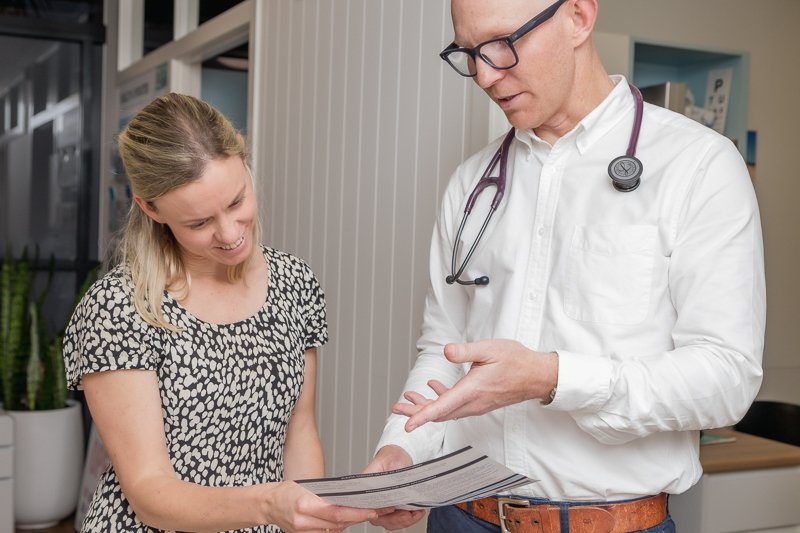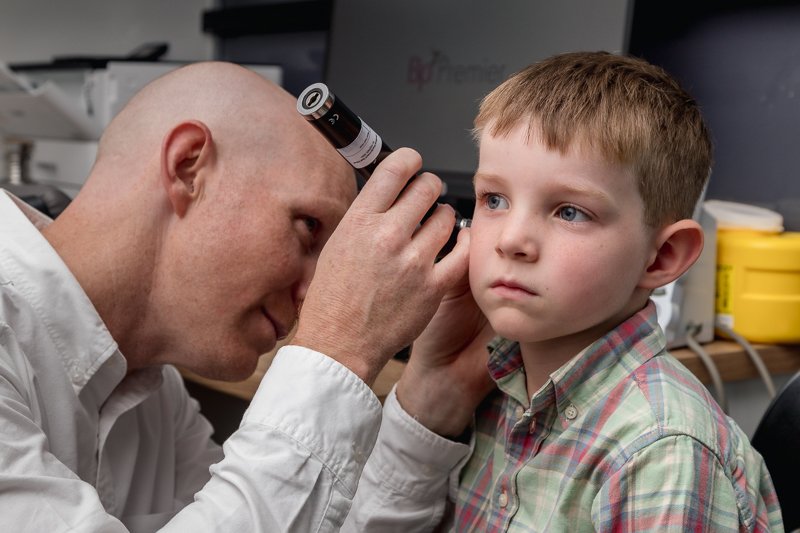Health Assessment: Do You Need One?
Why do you come to see your GP? There are probably lots of different reasons. Maybe you’ve got a short-term illness, perhaps you’ve received a serious diagnosis, or maybe you need a mole check or a repeat prescription.
The point is there’s usually something immediate that brings you in. A health assessment is a little bit different though. It draws on your GP’s broad knowledge of many different health conditions and our strong belief that prevention is better than treatment.
What is a health assessment?
A health assessment is a longer, more comprehensive appointment with your GP and Practice Nurse. As for the purpose of a health assessment, it’s really a chance to step back and look at the big picture of your health, usually because you’ve hit a certain age or are at higher risk of some medical conditions.
A health assessment is an important opportunity to steer your health in a better direction. It helps to identify risks and take steps to reduce them. Sometimes it enables us to detect a medical condition in its early stages and gives us a chance to intervene to slow its progression or reduce its impact.
Who is eligible for a health assessment?
You may be eligible for a health assessment if you:
Are aged 45-49 years and at risk of developing a chronic disease
Are aged 40-49 years and at high risk of developing type 2 diabetes
Are aged 75 years or older
Are living in a residential aged care facility
Have an intellectual disability
Are a refugee or humanitarian entrant
Are from an Aboriginal or Torres Strait Islander background and are aged 15 or over.
What happens at a health assessment?
It varies a bit but usually includes a longer appointment during which your GP and Practice Nurse will:
Ask you questions about your health and family history
Order any necessary blood tests, scans or other tests
Make an overall assessment of your health status
Answer any questions you may have
Recommend appropriate ways to improve your health, which could include:
○ Lifestyle advice on topics like diet, weight, alcohol, smoking and physical activity
○ Starting medication to improve your blood pressure, blood sugar or cholesterol
○ Referral to other healthcare professionals who can offer particular types of help
Keeping a record of your discussion and offering you a written summary if you’d like one.
It sounds like a lot but it’s actually a great opportunity to focus on your health and wellbeing and the steps you can take to improve your quality of life.
What happens after a health assessment?
If the health assessment has identified ways to improve your health, then we’ll usually meet with you again after a little while to see what changes you’ve made and to discuss any more support you might need.
You may have started a new exercise program, begun some medication, seen a medical specialist, or cut back on alcohol or cigarettes.
After a little while, it may be time to repeat any medical tests that we did in your health assessment to see if your results have shifted. It can be really encouraging to see that your efforts to improve your health are paying off.
Book your health assessment at Peregian Family Medical Centre
If you’d like to take steps to improve your health and you’re eligible, then please call us to book a health assessment.
Disclaimer
All information is general in nature. Patients should consider their own personal circumstances and seek a second opinion.






